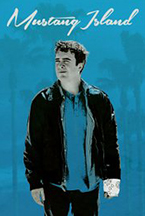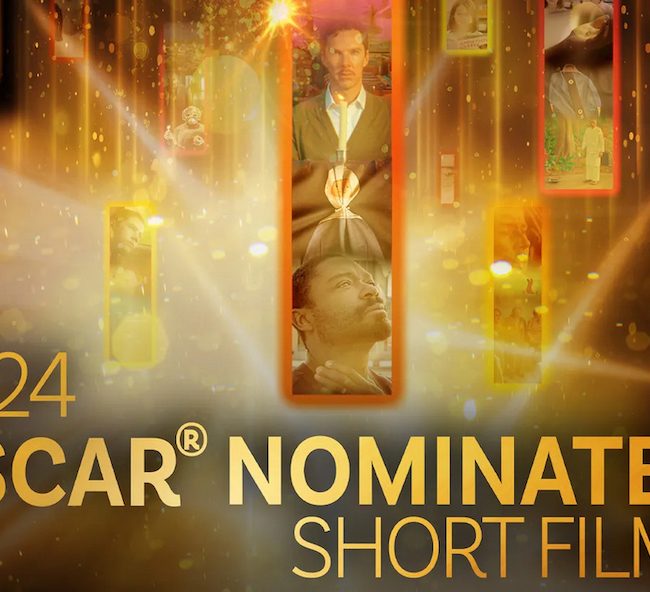MUSTANG ISLAND

(Craig Elrod’s Mustang Island premiered at the 2017 Dallas International Film Festival to rave reviews. Our Don Simpson joins the choir of praise in this review…)
Director Craig Elrod’s Mustang Island utilizes black and white cinematography (Nathan Smith) to capture the ways in which a recent breakup informs the decisions that Bill (Macon Blair) makes. There is a certain sense of irony to be found, since Bill’s motivations and choices are far too complex to simplify into black and white facts. Thankfully, this visual device never seems heavy-handed; instead, it subtly accentuates the mood of the film, magically capturing the quirky aesthetic of the kitschy time capsule location where “bottomless mimosas” are actually a thing.
But let’s set the bottomless mimosas aside and get back to Bill. He is quite desperate to get back together with his ex-girlfriend, Molly (Molly Karrasch). So desperate, in fact, that Bill begs and pleads with his reluctant brother (John Merriman) and free-spirited friend (Jason Newman) to join him on a hapless quest to find her. This brings them to Mustang Island during the off-season.
From the trio’s arrival on the island, the writing duo of Elrod and Smith weave together a subdued odyssey that luxuriates in the sparsely populated locale’s ghostly air of loneliness and listlessness. Bill’s decisions don’t always correspond to logic; but that is precisely what Mustang Island is about, the crazy and irrational things that love (or the perception of love) drive you to do, and how you typically drag other people along for the emotional rollercoaster ride. At its core, Mustang Island is an existential analysis of Bill and his cohorts’ actions – but with a twist, as we observe the characters within a cinematically surreal black and white environment.
Mustang Island is buddy movie – or, in one narrative thread, a sugar buddy movie – that shares tonal commonalities with Jim Jarmusch’s Down by Law and Wes Anderson’s Bottle Rocket. Elrod and Smith’s script uses comedic elements to occasionally relieve its audience from the dramatic content, kind of like that friend who cracks jokes during awkwardly tense situations. The simplicity of the script and understated performances, specifically from Blair and Merriman, allow for the tenor of the story to really take hold, while Newman and Byron Brown deliver the laughs. All the while, Lee Eddy presents us with a strong female character with an emotional complexity that exceeds that of the male characters combined.
– Don Simpson (@thatdonsimpson)












Dina
Incredible film. Simple yet complex.